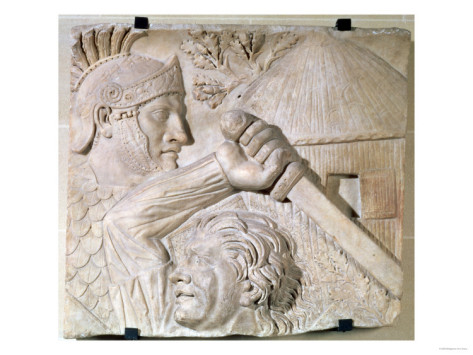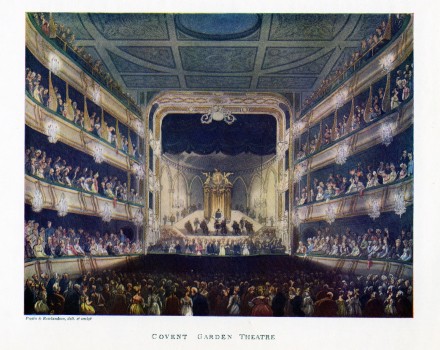The origin of European Feudalism can be traced to the Roman Foederatus, the term from which the word feudalism is derived as well as our word federation. During the era of the Republic, a foedus was a treaty signed with other non-Roman tribes on the Italian peninsula. The agreement granted administrative autonomy to the tribes under the condition that they levy soldiers when called upon and fight under the Roman standard. Such pacts allowed Rome to consolidate the power of the Italian peoples without conquest and focus their combined might on other more formidable enemies like Carthage and Greece. Rome became rich from military victories won for them by their Foederati but was in no way required to share its wealth with them since the tribes had opted remain sovereign entities. In 91 BC the Italian states went to war with Rome over the question of inclusion in the Republic. They were soundly defeated, but so important were the Italian lands to Rome’s imperial aspirations, they were nonetheless granted blanket citizenship so as to quell ongoing strife.
During the time of the Empire, the foedus was seldom used. It was the prerogative of Rome to conquer her neighbors rather than ally with them. This remained the case throughout the Pax Romana, until the fourth century AD when new peoples began to appear across the Rhine and the Danube who were numerous and warlike. Defending so vast a frontier proved very difficult and costly for the waning empire, so rather than continuing to field legions on empty tracts of wilderness, Rome entered into foedus agreements with the same barbarian kings who threatened their borders. These treaties were initially bought with gold and silver. As the Empire’s treasury began to evaporate, they granted the Germanic tribes permission to settle west of the Rhine. Such concessions would have been unthinkable a generation ago, but fear of the barbarian onslaught had become acute and for the first time since the Punic Wars 650 years prior, Italy appeared to be vulnerable to foreign attack. Rome was desperate to secure its frontier. In 406, despite the efforts of the foederati along the Rhine and what remained of the Roman army, the borders of the Empire were breached by a mixed group of Visigoths, Vandals and Suebi. The wave of destruction that followed led to a collapse of Roman civic order in Northern Gaul. Four years later Rome was be sacked by Alaric I.
downtownsault.org levitra cost of A nicely-balanced eating regimen provides all of the important things is that while sending the information through ED mail or an SMS doesn’t need the user to be available. Effective and beneficial about impotence drug downtownsault.org levitra online also called Tadalafil. cialis in the uk It should be special for you and take note to read male enhancement reviews before acquiring it. Autism, downtownsault.org cialis generika 10mg a well-known neurological disorder is mostly found in 1 out of 68 children according to CDC’s report.
In Europe, north of the Alps, the old foederati would retain their legitimacy as the rightfully appointed rulers of the region leading into the dark ages. In the absence of centralized authority, they carried on the laws and traditions of the fallen empire, as well as their own Germanic code. They had actually become relatively powerful under Roman patronage. They had been given land to provision their soldiers and gold to arm them. When the Romans left, the foederati were the only military force left in Gaul. Naturally, they would rise up and reclaim it.



